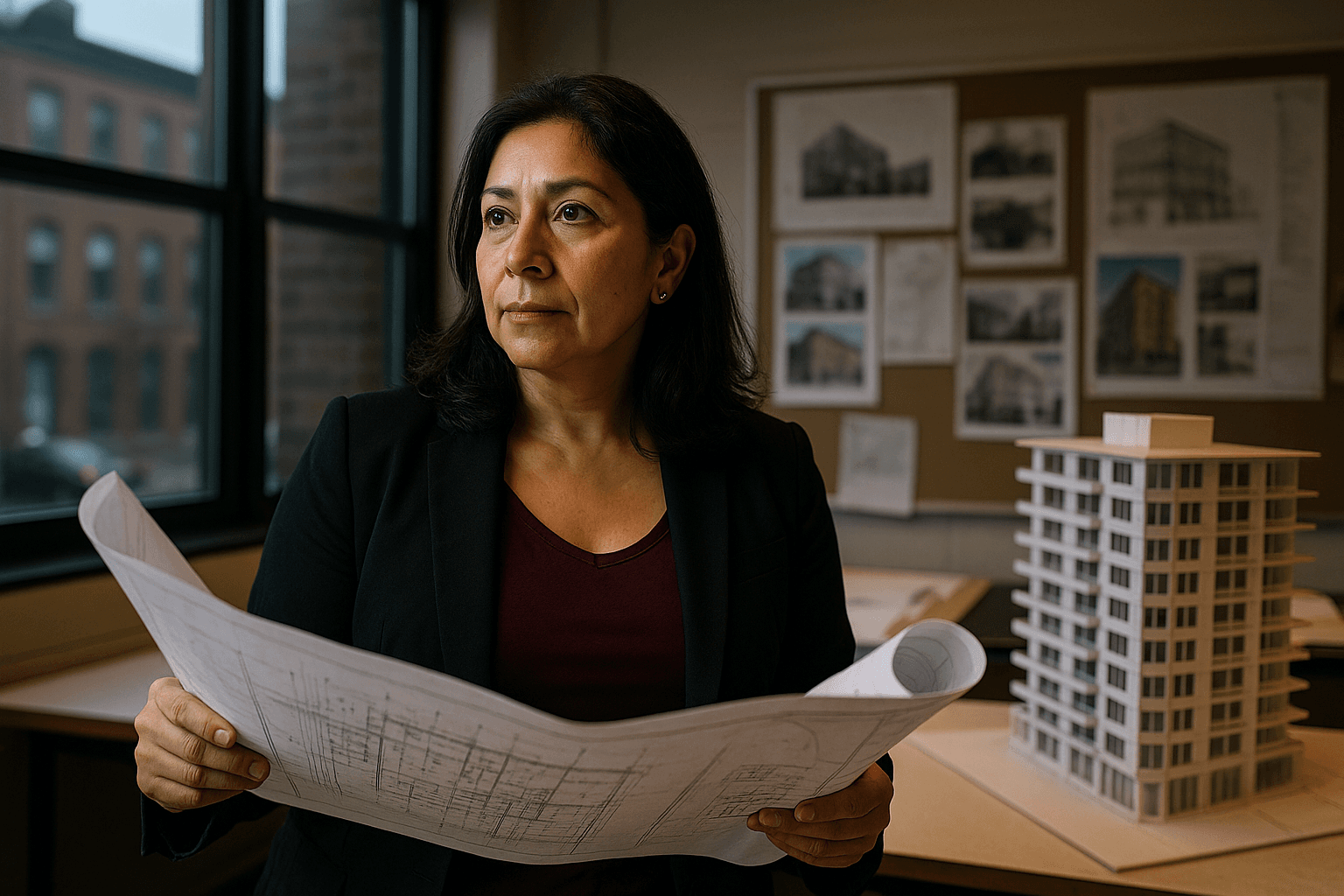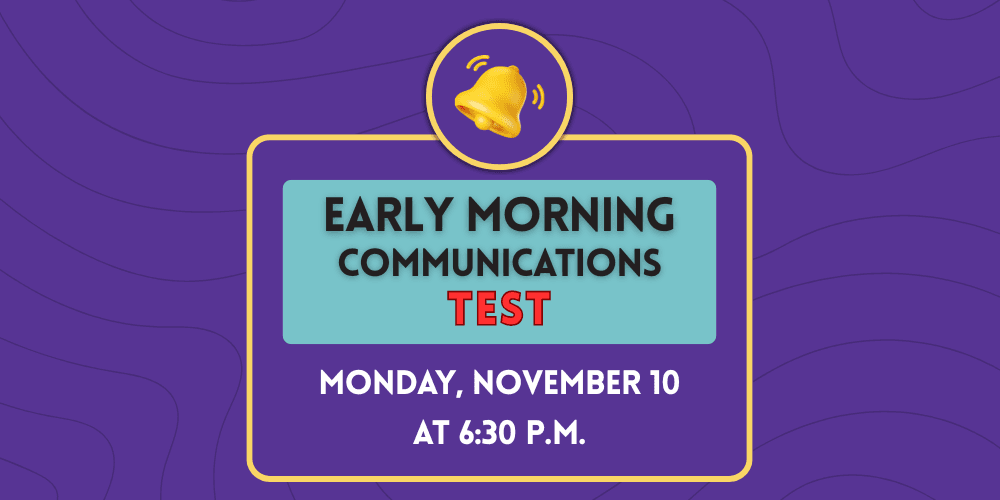Bogotá to Middletown, Local Architect Embodies Adult Learner Success
Cindy Maleike, a SUNY Orange alum who arrived from Bogotá at age 20, completed a nontraditional path to become a licensed architect and a local example of how community college programs support career pivots. Her journey highlights SUNY Orange initiatives such as the SUNY Reconnect program, and underscores the importance of scholarships, mentorship, and flexible pathways for Orange County residents.

On November 21, 2025, Cindy Maleike’s story was presented as an example of how determination and institutional support can turn a circuitous career path into professional licensure. Maleike arrived in New York from Bogotá at age 20, worked a variety of jobs and in 2010 took a role with a Canadian contractor involved in construction work on the Freedom Tower. “It was there I fell in love with architecture,” she said. “When the project was finished, I knew I wanted to learn more, including drawing plans.”
Her move to the Middletown area with her husband, Matthew, led her to enroll at SUNY Orange, where she combined coursework with extracurricular roles that strengthened both skills and networks. A Konrad Von Appen scholarship supported her studies, and she served as treasurer of the Architecture Club. Professor Charles Passarotti nominated her to serve as student trustee for the 2017 to 2018 academic year, a role in which she attended board meetings and participated in College Association Board sessions. She graduated as a Phi Theta Kappa member and as a recipient of a Certificate of Merit for Outstanding Academic Achievement for Architecture, and she remained connected with professors Andrew Warren and Kathleen Rifkin as well as SUNY Orange President Dr. Kristine Young.
Maleike also completed licensure requirements while volunteering in the community, and after years of work and examinations she became a licensed, registered architect. Her progression from immigrant worker to licensed professional illustrates the role community colleges play in local workforce development, especially for adult learners balancing jobs and family commitments. Programs such as SUNY Reconnect provide flexible enrollment and pathways back into higher education, while scholarships and faculty mentorship reduce barriers to career change.

For Orange County residents, Maleike’s experience has practical implications. It signals that local training and credentialing can feed into the regional construction and design sectors, that community colleges can be effective engines of upward mobility, and that targeted support for adult learners can produce licensed professionals who live and work in the community. Her story is a reminder for policymakers and local educators that investment in scholarships, advising, and flexible program delivery can yield measurable career outcomes and strengthen the local economy.


